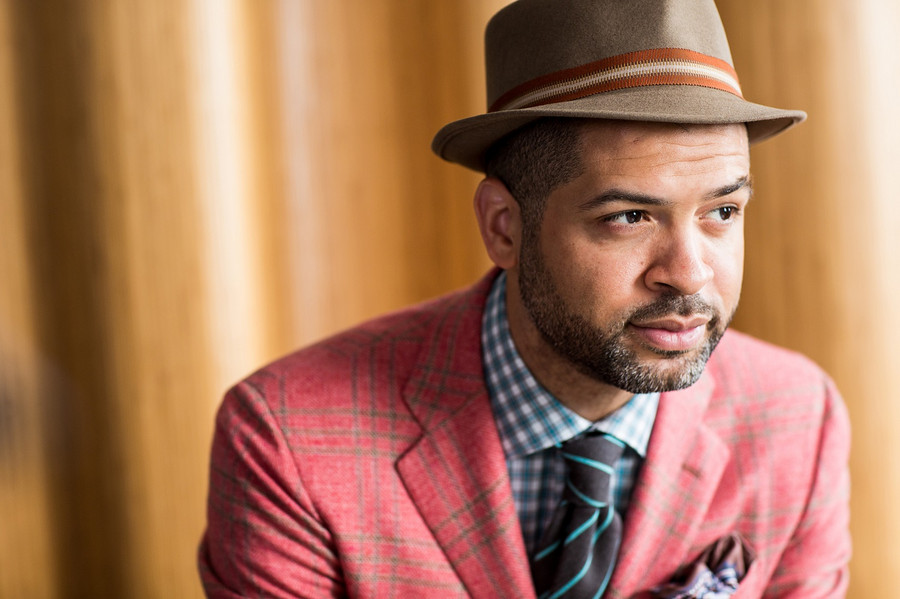RMC appoints Jason Moran
Jason Moran (born January 21, 1975) is the pianist and composer behind a number of the most important jazz releases in the 21st century, among other with his trio The Bandwagon. This year he debuted as a film composer with the Academy Award and Golden Globe awarded soundtrack for ‘Selma’.
With the honorary title Jason Moran will periodically conduct workshops and master classes at RMC, giving the conservatory and music community access to his unique skills.
Jason Moran is the Artistic Director of Jazz at The Kennedy Center in Washington and currently affiliated with New England Conservatory. Characteristic of Moran’s music is a free approach to composition with inspiration drawn from an array of genres like hiphop, traditional blues, and classical music. As an artist, he often works in a dynamic space between several forms of expression such as visual arts, dance, and film.
"Jason Moran is one of the most visionary musicians of his generation and I am exceptionally proud that he has agreed upon his appointment as Honorary Professor at RMC. With his feet as well as his heart sturdily planted in the history and traditional values of American jazz music, Jason Moran keeps searching for new ways of re-actualizing and further developing his music and the art form. He will without a doubt be an immeasurable source of inspiration for the conservatory’s students," says Henrik Sveidahl, principal of RMC.
Jason Moran follows alternative rock icon Thurston Moore as the second in a series of new appointments of honorary professors at RMC. The goal is to assign a collegium of music industry personalities at the highest international level which together covers the width of RMC - both within the genres and professions in contemporary rhythmic music. RMC expects to introduce an additional one to two honorary professors in 2016.
"The collegium of honorary professors at RMC will no doubt provide a noticeable contribution to the conservatory’s vision of being a pacesetter among the world's leading educational institutions in contemporary rhythmic music," says Henrik Sveidahl.
